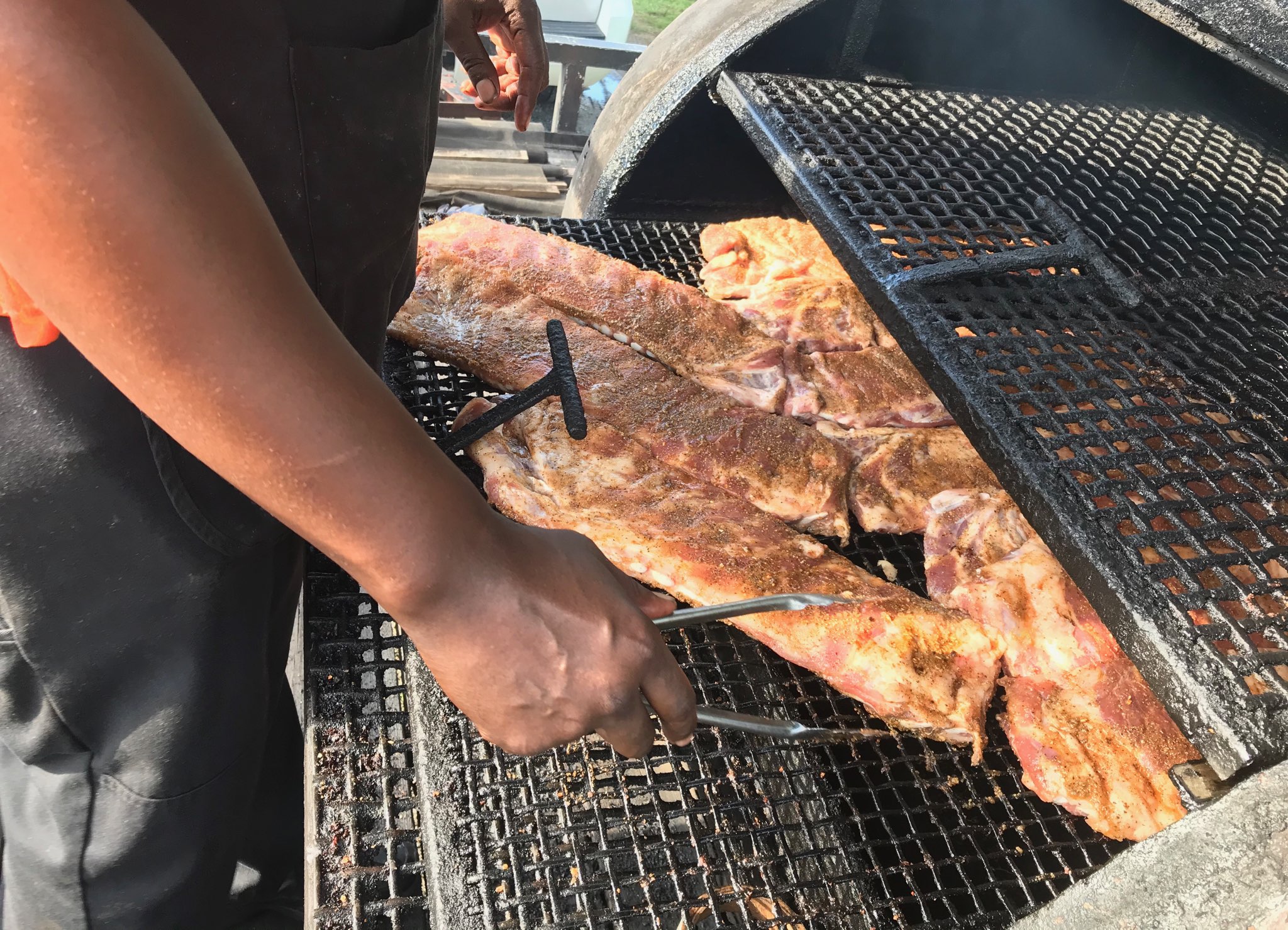Featured
Here’s How to Stay Mentally Healthy This Summer

The Memorial Day weekend normally ushers in the long-awaited summer season and lazy days spent with family and friends barbecuing while children play nearby with unbridled joy. Those carefree days belong to yesteryear before stay-at-home lockdowns and national debates about states reopening defined our days. Holiday get-togethers are at stake and psychologists warn that our mental health is as well.
“I am seeing unprecedented stress, not only among people who typically maybe would have been stressed because it’s the end of the school year, they’re trying to work, they’re trying to juggle home responsibilities, maybe multiple children, ” said Dr. Caren Moore. “But now, with people being isolated, with the quarantine and social distancing, they have little access to social supports so now they’re wearing many, many hats.”
Moore shared her insights recently during a virtual event hosted by the Arkansas Association of Black Psychology Professionals, declaring the pandemic “exponentially stressful” for parents.
Most schools are now out for summer break, but in mid-March when cases of the coronavirus began to tick upward dramatically, many of the nation’s governors moved instruction online and parents were involved in helping their children navigate the new method of learning. It was not only difficult for parents but also children.
“There are kids struggling with still how to connect with their friends. It’s just been a lot,” Moore stated. “Some people have lost their jobs. So, I’ve not only have I had to help individuals manage emotions and behaviors, I have had to link them to resources. There are many times I’ve spent sessions hooking them up to community action centers like sending them links to local food banks and churches, sending them links to the SNAP benefit application, trying to apply for health insurance because they’ve lost that and now no longer have mental health access, the medication, a lot of pharmacies initially were running out of medication. It is just a plethora of issues we were faced with trying to help families cope.”
Clinical psychologist Dr. Khiela Holmes offered advice on children, teenagers, and young adults and pointed out that many are grieving.
“I know a lot of times when we think about loss, we do think about loss of loved ones in death…but people are experiencing loss in other ways,” she stated. “And, definitely what our kids are experiencing is loss of those very important relationships [at school] and loss of very important routines. We know kids need structure, they need predictability, they need consistency, and they really do benefit and thrive from that.”
Add to the loss of routines, children and teenagers are worried about their loved ones contracting the virus. Young adults in college are concerned about their future.
Holmes said, “In a recent meeting…the conversation was around just how in some ways college served as something very protective for them; they were very much looking forward to this next chapter in their lives and this really adjusted that for them. And maybe for some students, who going to college removed them from a lot of the stressors and challenges of life and some responsibility that felt heavy for them, college helped to separate them from that and now they find themselves back in those situations that college was helping them to move beyond.”
For parents looking for guidance with their children, Moore cited irritation, an inability to concentrate, and acting out as possible signs of pandemic-related stress. Disruptions in sleep and eating patterns are also indicators of anxiety. Yet, there may be an opportunity to learn a valuable life skill through this crisis.
“Just because it is normal and expected, doesn’t mean to just let it run its course, don’t address it, don’t pay attention to it, don’t do anything, and it’ll just normally, after time passes, resolve, that’s not really what we are trying to communicate” Holmes explained. “But, we are saying, ‘If you see it, we’re not saying it’s a mental health challenge’, it’s just a result of significant stress and it’s an opportunity to address it through teaching some very important skills.”
For adults, both Holmes and Moore urged self-care, clarifying that is necessary and not an indulgence especially with the African American community experiencing a significant number of coronavirus-losses and cases of infection.
If you would like more information on the Arkansas Association of Black Psychology Professionals, visit https://www.facebook.com/arblackpsych/.

-

 Featured10 months ago
Featured10 months agoCalifornia Is the First State to Create A Public Alert for Missing Black Youth
-

 Featured10 months ago
Featured10 months agoAfrican American Leaders Stay the Course Amid Calls for President Biden To Bow Out of Race
-

 Featured10 months ago
Featured10 months agoThe Debate Fallout Lands on Both Candidates
-

 Featured9 months ago
Featured9 months agoPresident Joe Biden Decides to Withdraw from the Presidential Race
-

 Featured9 months ago
Featured9 months agoIn One of His Final Speeches as President, Biden Says It’s Time for ‘Fresh Voices’
-

 Featured9 months ago
Featured9 months agoPresident Joe Biden Describes Shooting of Donald Trump As ‘Sick’









